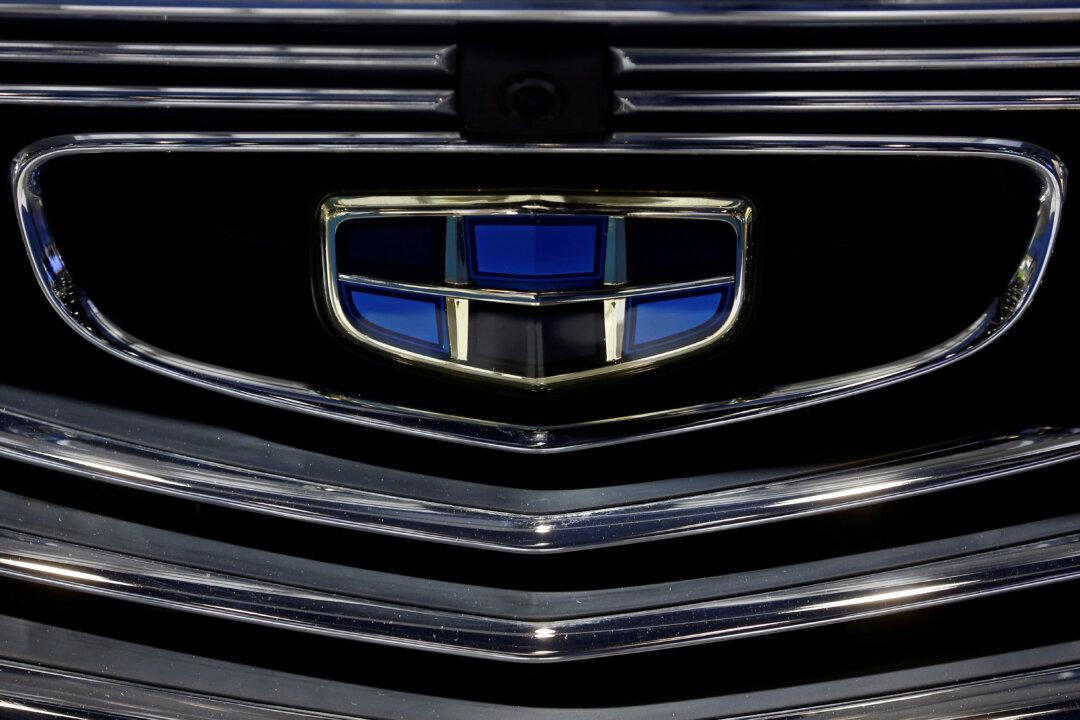BEIJING—China’s Geely Automobile Holdings Ltd. on March 30 said 2020 may be “amongst the most difficult years” in its history, as pressure stemming from the coronavirus pandemic on production and sales is likely to persist in the near future.
The automaker, based in the eastern province of Zhejiang, also said lower sales drove net profit down 35 percent in 2019 when the country’s overall auto market suffered a prolonged slump.





